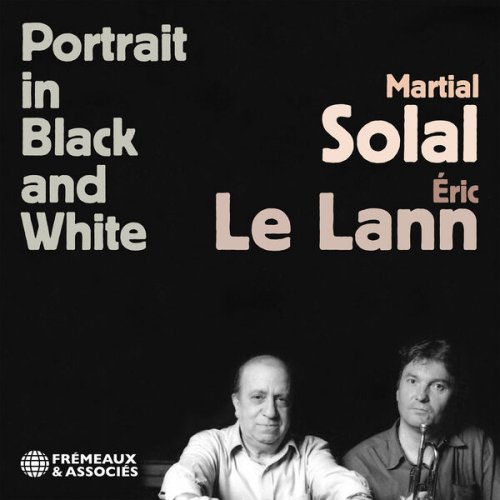Hesperion XXI, Jordi Savall - Orient-Occident 1200-1700 (2006)
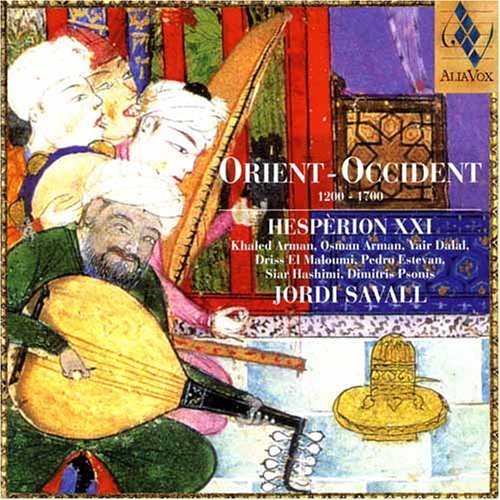
Artist: Hesperion XXI, Jordi Savall
Title: Orient-Occident, 1200-1700
Year Of Release: 2006
Label: AliaVox
Genre: Classical, Medieval
Quality: FLAC (image+.cue,log)
Total Time: 01:15:57
Total Size: 429 Mb
WebSite: Album Preview
Tracklist: Title: Orient-Occident, 1200-1700
Year Of Release: 2006
Label: AliaVox
Genre: Classical, Medieval
Quality: FLAC (image+.cue,log)
Total Time: 01:15:57
Total Size: 429 Mb
WebSite: Album Preview
01. Turquie, mss. de Kantemiroglu - Makam Rast 'Murass'a' usul Duyek
02. Alfonso X el Sabio - Ductia (Cantigas 248-353)
03. Sefarad/Sarajevo - A la una yo naci
04. Castello de la Plana (Espagne) - Alba
05. Maroc/Driss El Maloumi - Danse de l'ame
06. Italia: trecento mss. - Istampitta: La Manfredina
07. Afganistan (Perse)/Khaled Arman - Laili Djan
08. Italia: trecento mss. - Istampitta: In Pro
09. (A) Sefarad/(B) Bereber (Algerie) - Danza del viento
10. Italia: trecento mss. - Istampitta: Saltarello I
11. Perse/Dimitris Psonis - Chahamezrab
12. Galicia (Espagne) s. XIII - Danza de las espadas
13. Turquie, mss. de Kantemiroglu - Makam Nikriz usul Berevsan
14. Italia: trecento mss. - Istampitta: Saltarello II
15. Judeo-Iraquienne/Yair Dalal - Ya Nabat Elrichan - Magam Lami
16. Alfonso X el Sabio - Rotundellus (Cantiga 105)
17. Turquie, mss. de Kantemiroglu - Makam Rast Sema'i
18. Italia: trecento mss. - Istampitta: Lamento di Tristano
19. Afganistan (Perse)/Khaled Arman - Mola Mamad Djan
20. Alfonso X el Sabio - Saltarello (Cantigas 77-119)
21. Turquie, mss. de Kantemiroglu - Makam 'Uzal Sakil 'Turna'
Performers:
Hesperion XXI
Khaled Arman, rubab
Osman Arman, tulak
Yair Dalal, oud
Driss El Maloumi, oud
Pedro Estevan, darbouka, def, bendir, tambor, pandereta, riq-gunga
Siar Hashimi, tablas, zir baghali
Dimitris Psonis, santur, saz
Jordi Savall, viele, lire d'archet, rebab et direction
AliaVox's Orient-Occident 1200-1700 is unique in Jordi Savall's recorded output in that, despite the title, it has no correspondence whatsoever with any specific historical or musicological program. Rather, like the "East meets West" albums pairing violinist Yehudi Menhuin with sitar player Ravi Shankar, Orient-Occident 1200-1700 brings Savall and ace Hespèrion XXI percussionist Pedro Estevan into the orbit of Greek santur player Dimitris Psonis, Israeli oud player Yair Dalal, Moroccan oudist Driss El Maloumi, and three Afghan traditional musicians -- Osman Ahrman, Khaled Arman, and Siar Hashimi. The result is not like a typical crossover experiment so much as it is a trans-Mediterranean stew of closely related styles. Played by this group, on this combination of instruments, dances from the Italian trecento, Sephardic romances, Persian classical music, and thirteenth century Spanish dances all sound like they are cut from the same cloth. It is even more integrated than, say, Yo-Yo Ma's Appalachia Waltz. With Ma's group, one can tell from the slickness and high virtuosic sheen of the pieces that Appalachia Waltz isn't your standard brand of bluegrass music. Comparatively, it would be really rather difficult to identify anything on Orient-Occident 1200-1700 apart from a well-recorded and performed disc of traditional Arabic music, or for that matter, one of Savall's own past recordings of medieval dance music.
The point of Orient-Occident 1200-1700 is to illustrate how closely related culturally the music of the Mediterranean is, despite the division of its people and religions into Christian, Jewish, and Arabic camps. That there is war in the region and wholesale slaughter in the Middle East on a daily basis as this is written (October 2006) is doubtless weighing heavily on the minds of these musicians, and it is doubtful that any of them are laboring under the illusion that their efforts in making Orient-Occident 1200-1700 will change things as they are. To stop the deadly collision of Arab extremism, right-wing Zionism, Western oil interests, and laissez faire imperialism and to rid the region of its violence is a bit too tall an order to expect these eight musicians to fulfill, despite their excellence. Nevertheless, on a musical basis alone, Orient-Occident 1200-1700 is superb -- it really is. The cultural exchange that creates the unique blend of elements experienced here almost seems to fill in the blanks of the old source music. For example, here is heard a much richer Lamento di Tristano than we are used to, and if these ears were more naturally attuned to the sound of a Turkish Makam such as Uzal Sakil "Turna," perhaps the impression would be much the same. By bringing these elements -- instruments, surviving texts, and expert players -- together, we get a full menu of the flavor of traditional Mediterranean music, as it might have been known to a traveler in a time before there was conflict between these cultures on a large scale.
Anyone who loves world music should know this album, despite its presence on a classical label and the early music pedigree of much of the material. Orient-Occident 1200-1700 is more than just a historical survey or a period performance, it's a genuine work of musical humanism that is bigger than music, or musicianship itself, that attempts to reach out to warring societies with a reminder of common interests and history. As music, though, Orient-Occident 1200-1700 is endlessly fascinating, rhythmically revitalizing, and a dazzling show all the way around. While many AlixVox releases are excellent, Orient-Occident 1200-1700 is essential even on the date of its first release.
The point of Orient-Occident 1200-1700 is to illustrate how closely related culturally the music of the Mediterranean is, despite the division of its people and religions into Christian, Jewish, and Arabic camps. That there is war in the region and wholesale slaughter in the Middle East on a daily basis as this is written (October 2006) is doubtless weighing heavily on the minds of these musicians, and it is doubtful that any of them are laboring under the illusion that their efforts in making Orient-Occident 1200-1700 will change things as they are. To stop the deadly collision of Arab extremism, right-wing Zionism, Western oil interests, and laissez faire imperialism and to rid the region of its violence is a bit too tall an order to expect these eight musicians to fulfill, despite their excellence. Nevertheless, on a musical basis alone, Orient-Occident 1200-1700 is superb -- it really is. The cultural exchange that creates the unique blend of elements experienced here almost seems to fill in the blanks of the old source music. For example, here is heard a much richer Lamento di Tristano than we are used to, and if these ears were more naturally attuned to the sound of a Turkish Makam such as Uzal Sakil "Turna," perhaps the impression would be much the same. By bringing these elements -- instruments, surviving texts, and expert players -- together, we get a full menu of the flavor of traditional Mediterranean music, as it might have been known to a traveler in a time before there was conflict between these cultures on a large scale.
Anyone who loves world music should know this album, despite its presence on a classical label and the early music pedigree of much of the material. Orient-Occident 1200-1700 is more than just a historical survey or a period performance, it's a genuine work of musical humanism that is bigger than music, or musicianship itself, that attempts to reach out to warring societies with a reminder of common interests and history. As music, though, Orient-Occident 1200-1700 is endlessly fascinating, rhythmically revitalizing, and a dazzling show all the way around. While many AlixVox releases are excellent, Orient-Occident 1200-1700 is essential even on the date of its first release.
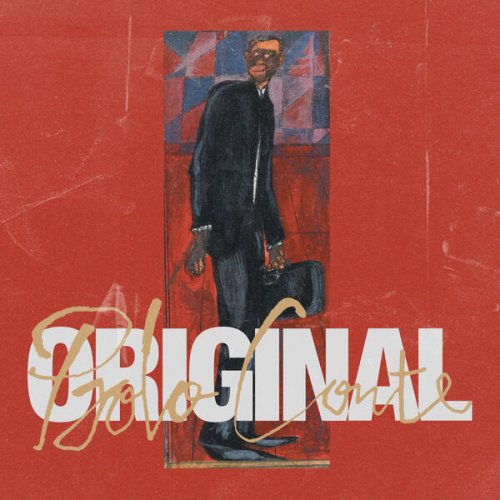

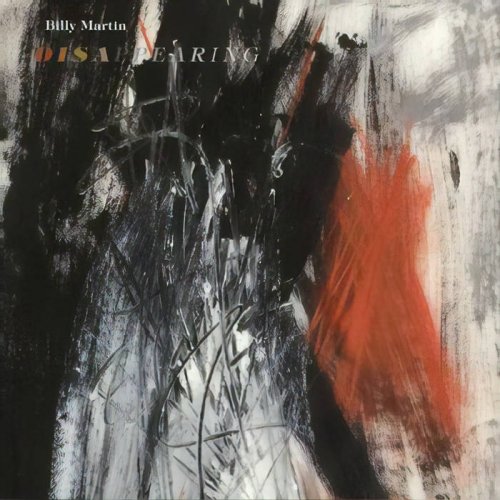
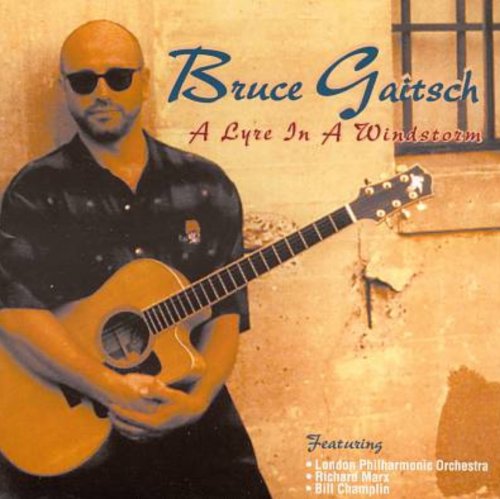

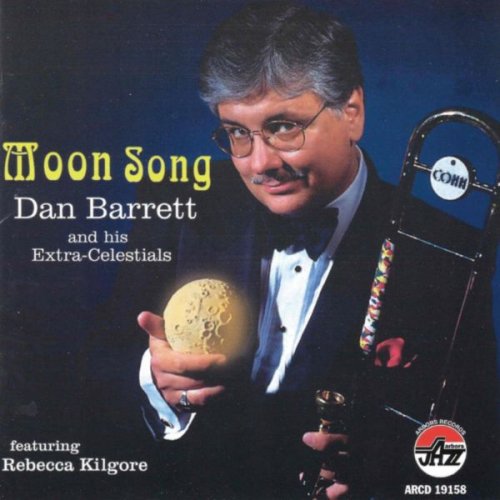
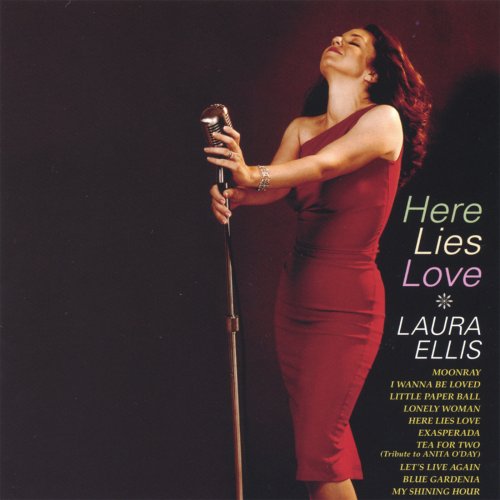
![Henry Threadgill, Ensemble Double Up - Old Locks and Irregular Verbs (2016) [Hi-Res] Henry Threadgill, Ensemble Double Up - Old Locks and Irregular Verbs (2016) [Hi-Res]](https://img.israbox.com/img/2026-01/11/p30x0pecr83e6f3do67qdh3yo.jpg)
